Your vehicle is one of your most valuable assets, and taking proper care of it can significantly extend its lifespan. Whether you drive a brand-new car or an older model, regular maintenance is crucial for ensuring optimal performance and preventing costly repairs. Below are essential tips to help keep your vehicle running smoothly for years to come.

1. Follow the Manufacturer’s Maintenance Schedule
Every vehicle comes with a manufacturer-recommended maintenance schedule, usually found in the owner’s manual. Following this schedule ensures that vital components, such as the engine, transmission, and brakes, receive timely inspections and servicing. Regular oil changes, filter replacements, and fluid checks can prevent premature wear and tear.
2. Change the Oil and Filters Regularly
Oil is the lifeblood of your engine. It lubricates moving parts, reduces friction, and helps regulate temperature. Over time, engine oil breaks down and collects dirt, reducing its effectiveness. Regularly changing the oil and replacing oil, air, and fuel filters can prevent engine damage and improve fuel efficiency.
3. Check and Maintain Fluid Levels
Aside from engine oil, your vehicle relies on several essential fluids, including:
-
Transmission fluid
-
Brake fluid
-
Power steering fluid
-
Coolant (antifreeze)
-
Windshield washer fluid
Inspect these fluids regularly and top them off as needed. Low or dirty fluids can cause system failures, leading to expensive repairs.
4. Inspect Tires and Maintain Proper Pressure
Tires are crucial for safety, fuel efficiency, and overall performance. Regularly check tire pressure and ensure it meets the manufacturer's recommended levels. Underinflated or overinflated tires can lead to uneven wear, reduced traction, and poor fuel economy. Additionally, rotate your tires every 5,000–7,500 miles and replace them when tread wear reaches unsafe levels.

5. Keep the Battery in Good Condition
A failing battery can leave you stranded. Inspect battery terminals for corrosion, clean them if necessary, and ensure the battery is securely mounted. Most car batteries last 3–5 years, so consider replacing yours when it nears the end of its lifespan. If you frequently take short trips, consider using a trickle charger to maintain battery health.
6. Pay Attention to the Brakes
Brakes are a critical safety component. Listen for warning signs such as squeaking, grinding, or vibrations when braking. If you notice any of these symptoms, have your brake pads, rotors, and brake fluid checked promptly. Regular inspections can prevent brake failure and costly repairs.
7. Keep the Engine Cool
Overheating can severely damage your engine. Ensure the cooling system is functioning properly by checking the coolant levels and inspecting hoses for leaks. Regularly flushing the radiator and replacing the coolant as per the manufacturer’s recommendation can prevent overheating and extend engine life.
8. Drive Smoothly and Avoid Harsh Acceleration
Aggressive driving, such as rapid acceleration and sudden braking, puts unnecessary stress on your vehicle’s engine, transmission, and suspension. Smooth driving habits improve fuel efficiency and reduce wear and tear on critical components, helping your car last longer.
9. Protect the Exterior and Interior
A well-maintained vehicle exterior not only looks good but also prevents rust and corrosion. Regularly wash and wax your car to protect the paint from environmental damage. Inside, use protective seat covers and clean surfaces to maintain a fresh and comfortable interior.

10. Store Your Vehicle Properly
If you don’t drive your car frequently, store it in a garage or under a car cover to protect it from harsh weather conditions. If storing it for an extended period, keep the gas tank full and use a fuel stabilizer to prevent deterioration. Disconnecting the battery can also help avoid electrical drain.
11. Pay Attention to Warning Lights
Modern vehicles come equipped with dashboard warning lights that indicate potential issues. Ignoring warning lights can lead to serious mechanical failures. If a light appears, consult your owner’s manual or take your car to a professional mechanic for a diagnostic check.
12. Use Quality Parts and Fluids
When replacing parts or fluids, always opt for high-quality options that meet manufacturer specifications. Cheap or incompatible components can lead to poor performance and shorten your vehicle’s lifespan. Whether it’s oil, filters, brake pads, or spark plugs, investing in quality products ensures better longevity and reliability.
13. Keep Your Vehicle’s Software Updated
Many modern vehicles rely on software to control engine performance, navigation, and safety features. Check with your manufacturer for software updates that enhance efficiency and security. Regular updates can also prevent glitches that may impact performance.
14. Get Professional Inspections
Even if you follow all maintenance guidelines, it’s beneficial to have a professional mechanic inspect your vehicle annually. Certified technicians can detect hidden issues before they turn into major problems, ensuring your car stays in top condition.
Conclusion
Proper vehicle maintenance is key to maximizing your car’s lifespan and ensuring a safe, smooth ride. By following these simple yet effective tips, you can prevent costly repairs, improve performance, and keep your vehicle running well for many years. Remember, a little effort today can save you time and money in the long run!




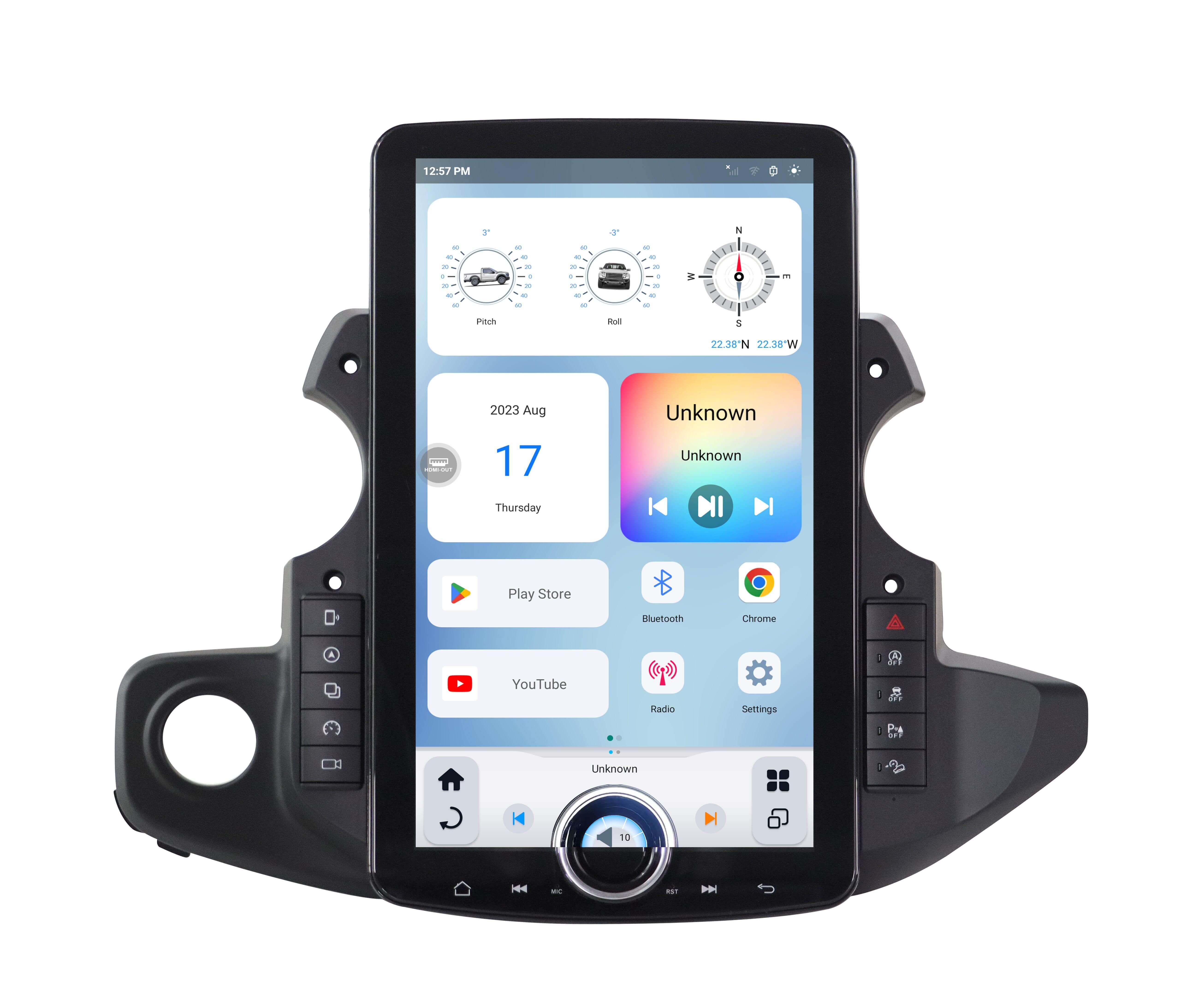
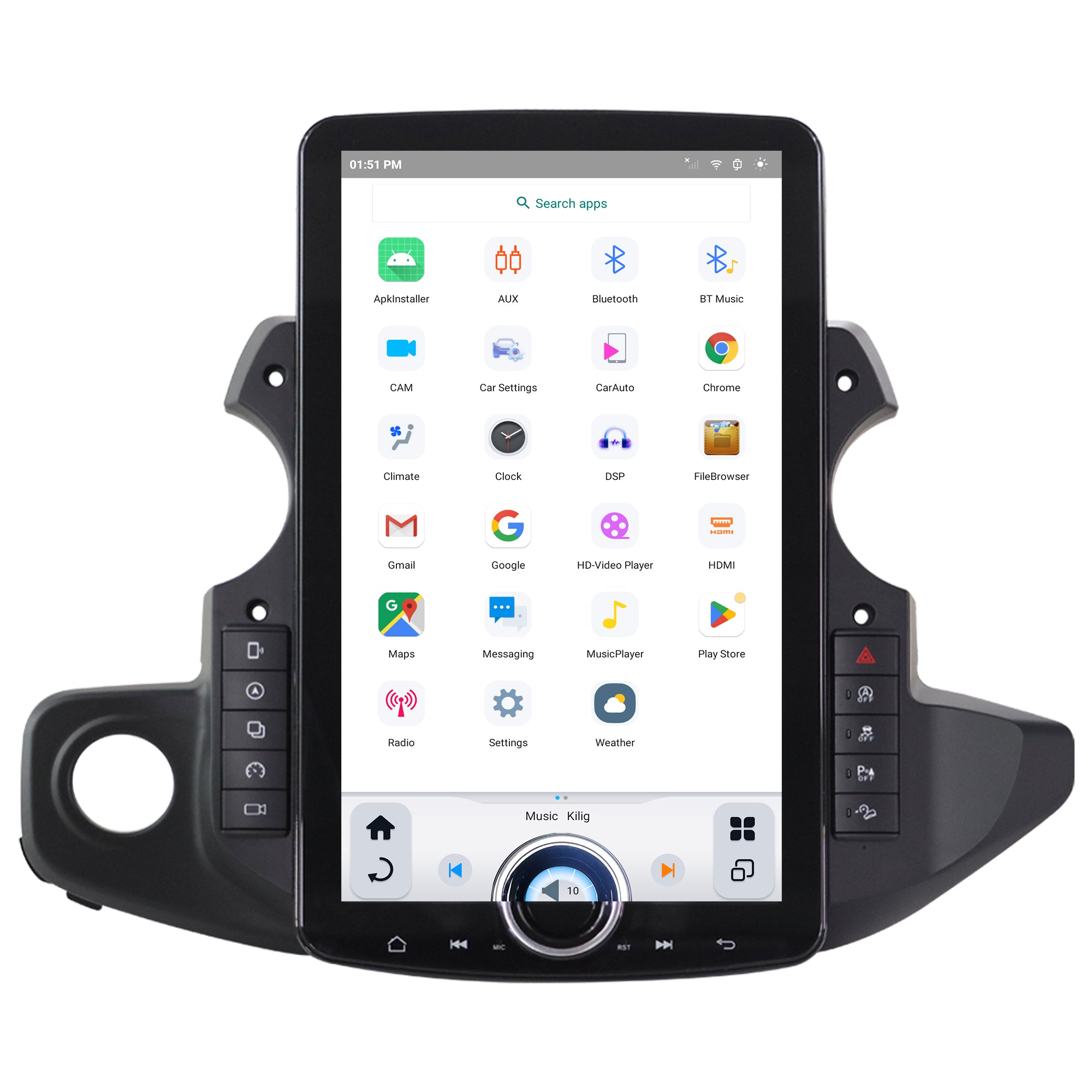
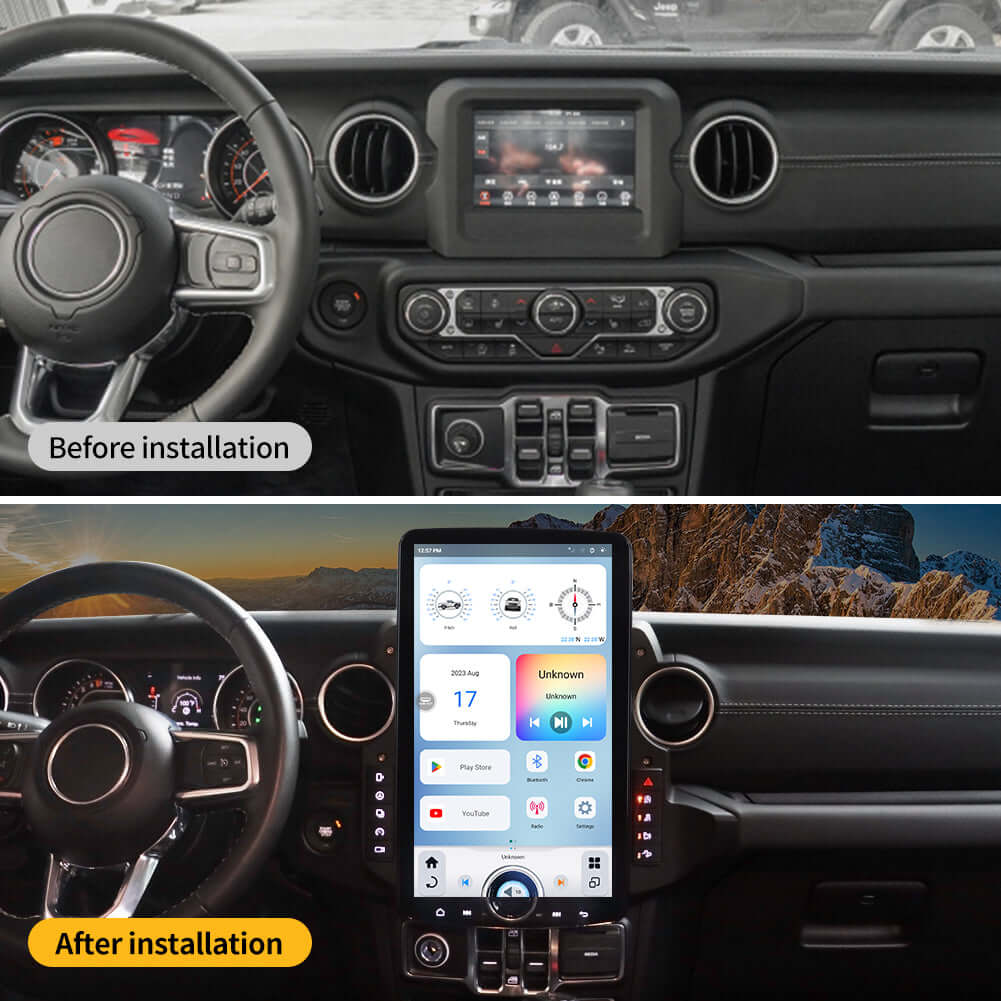
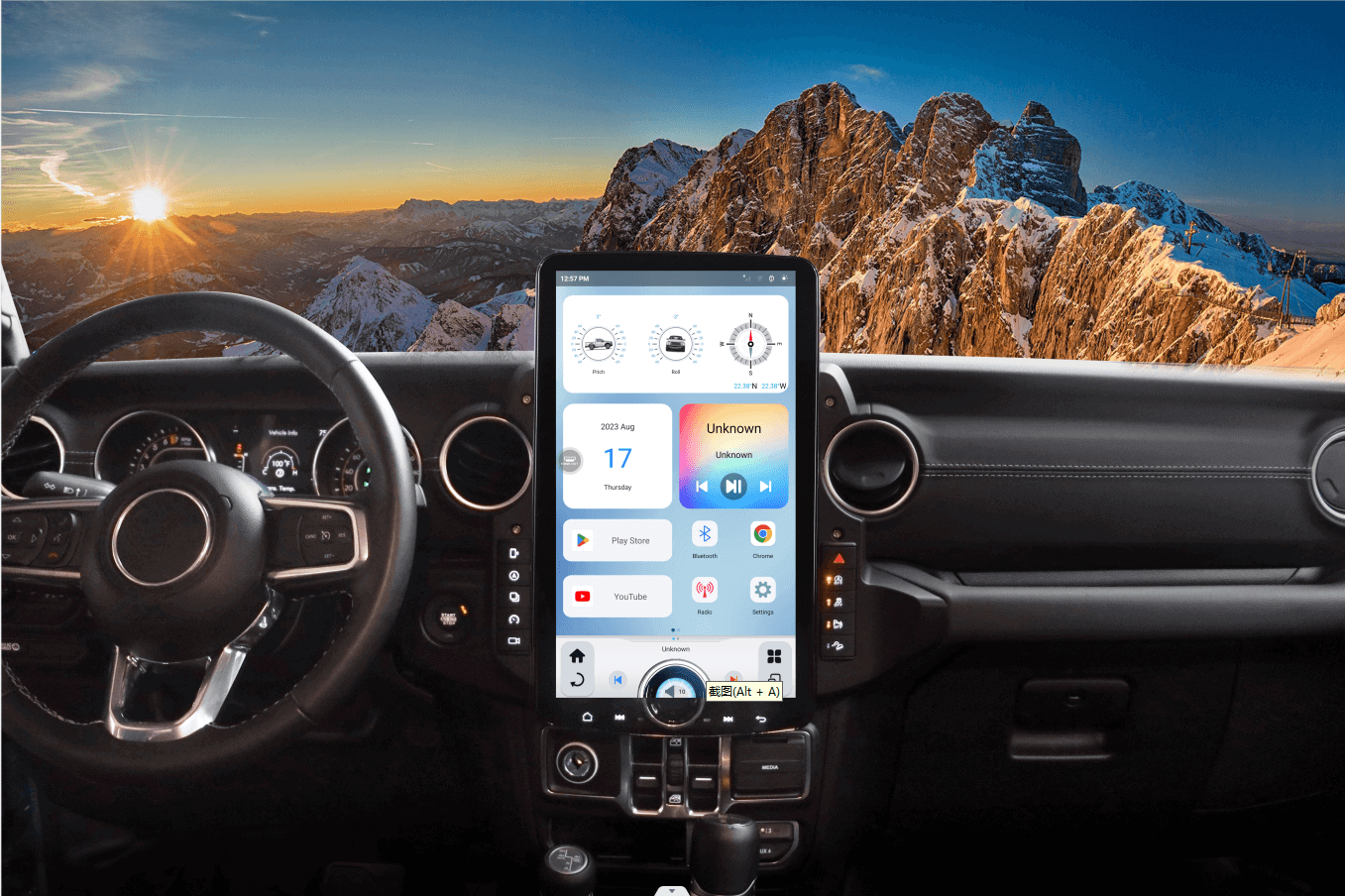
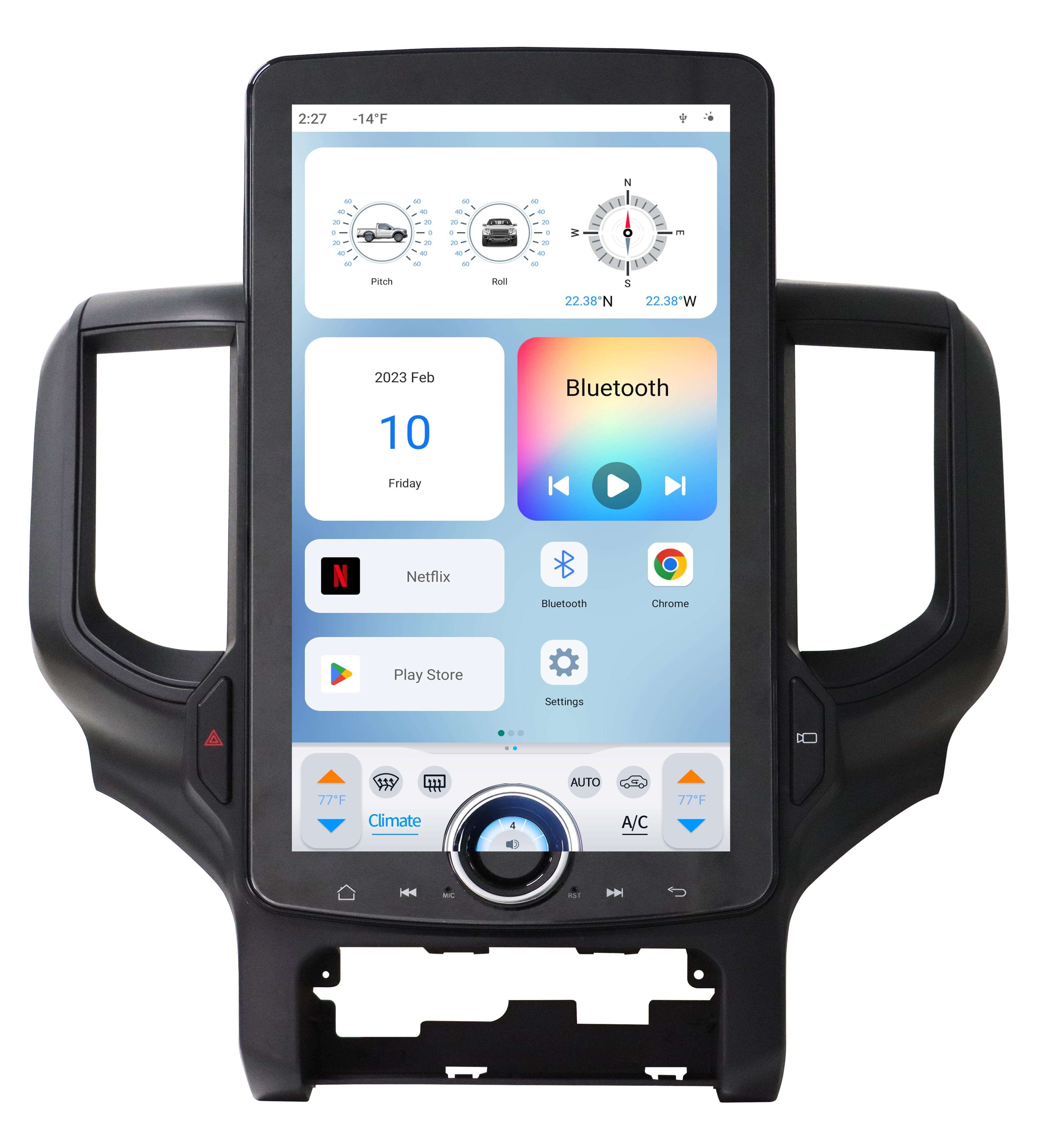
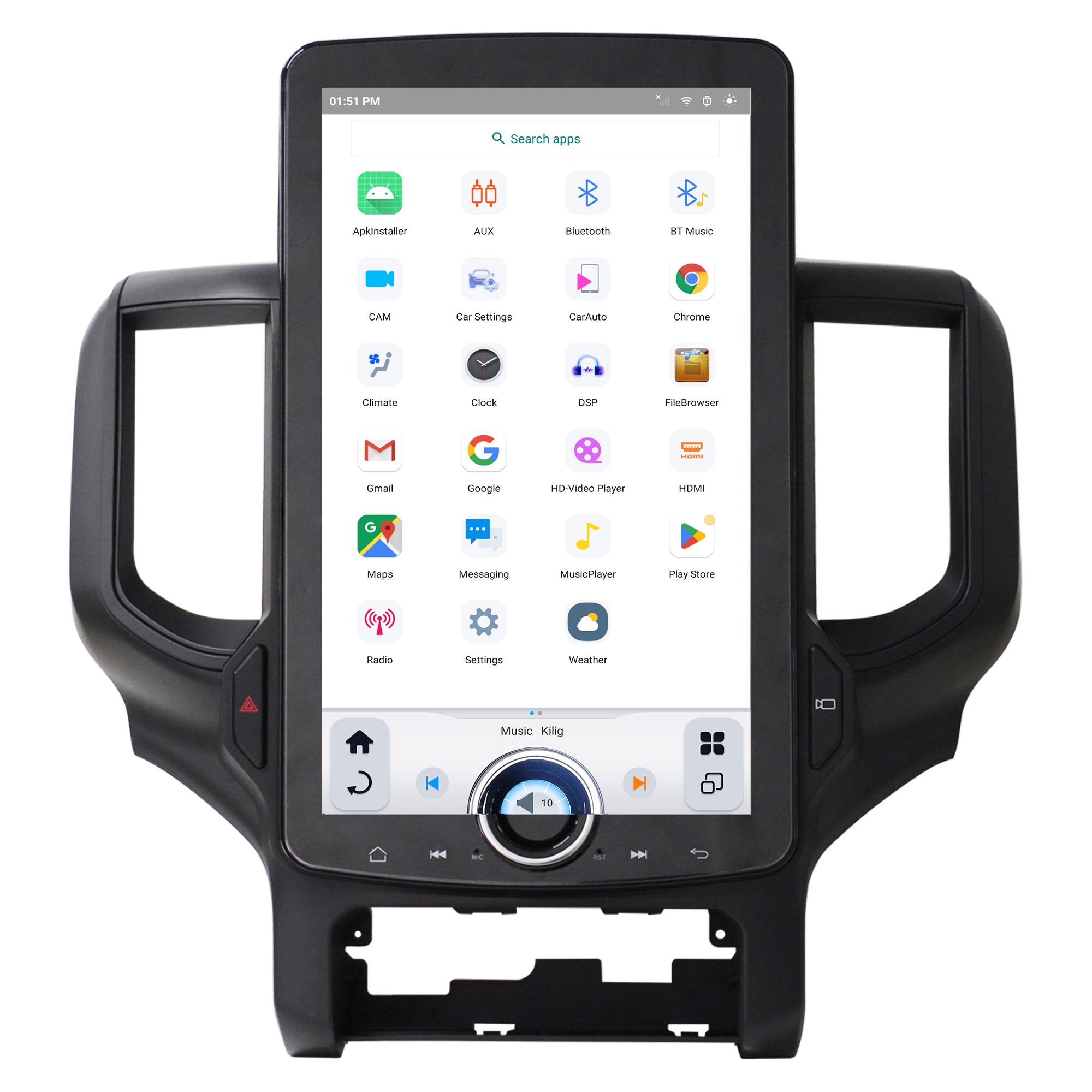
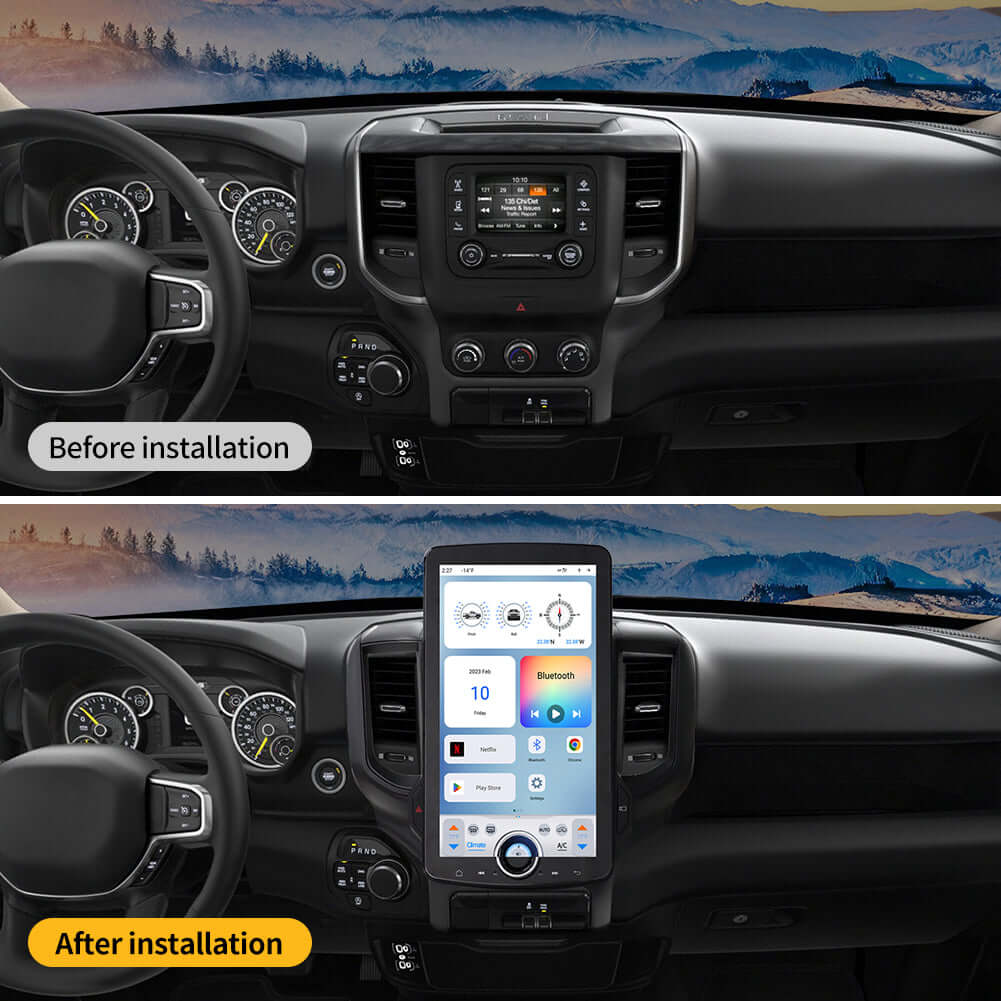
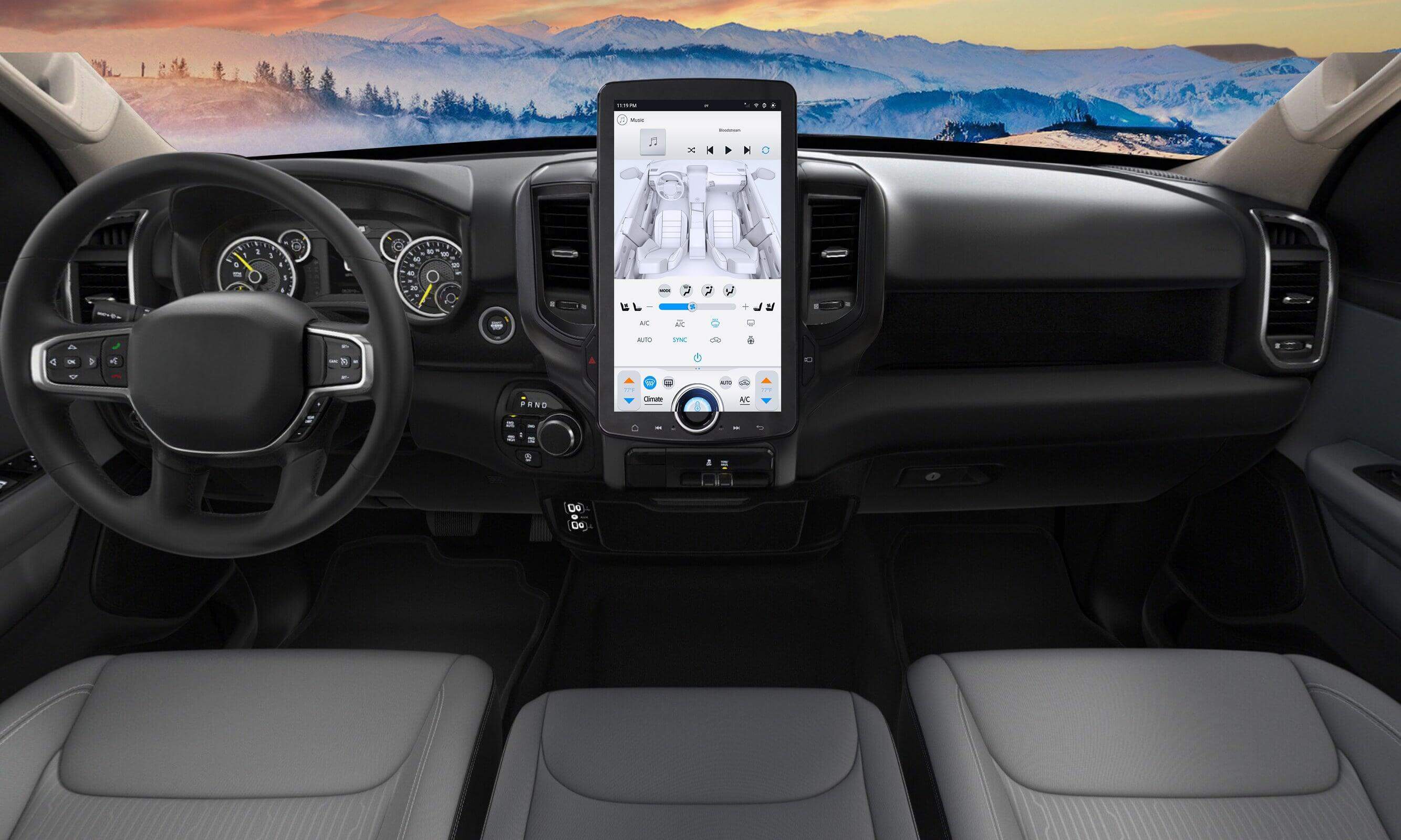
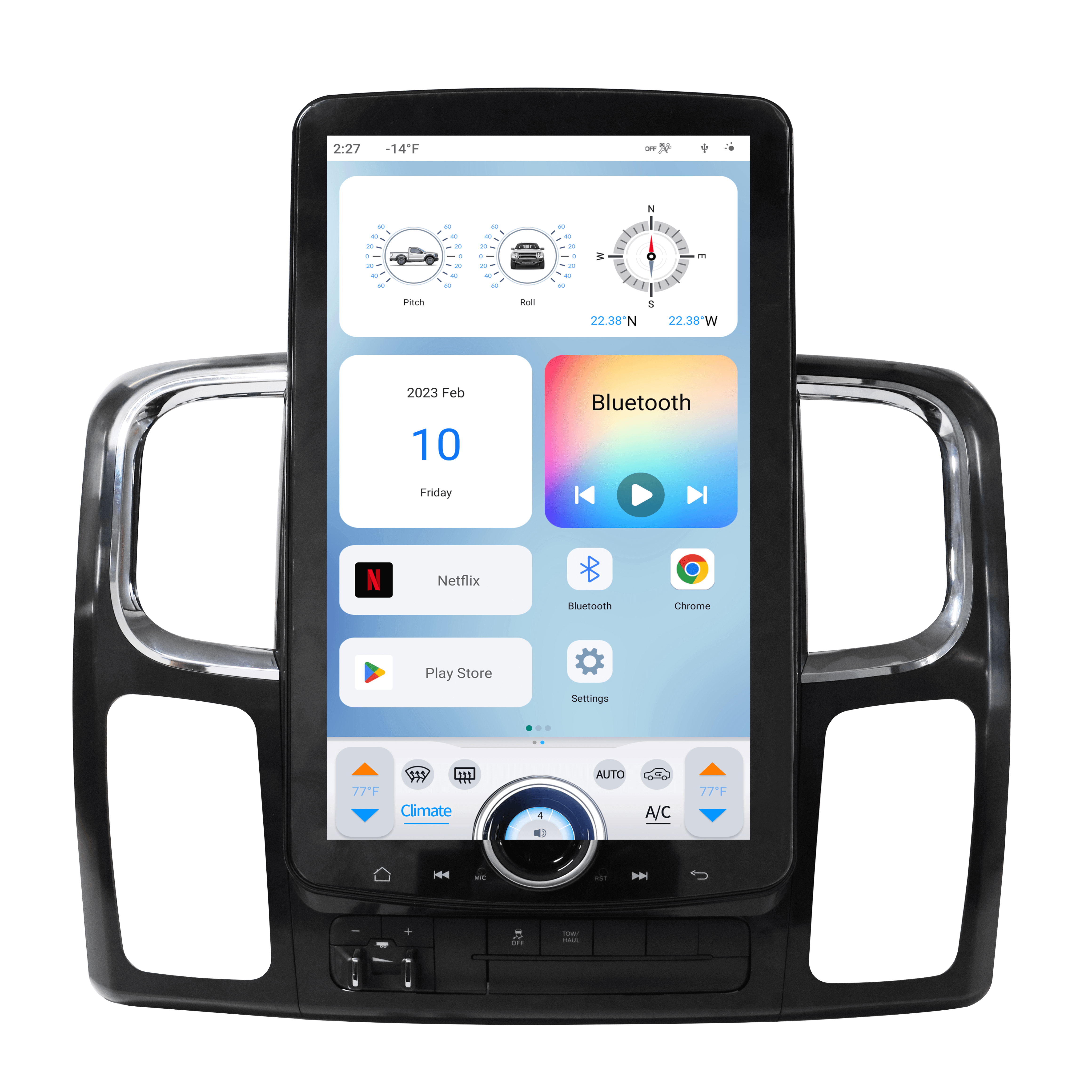
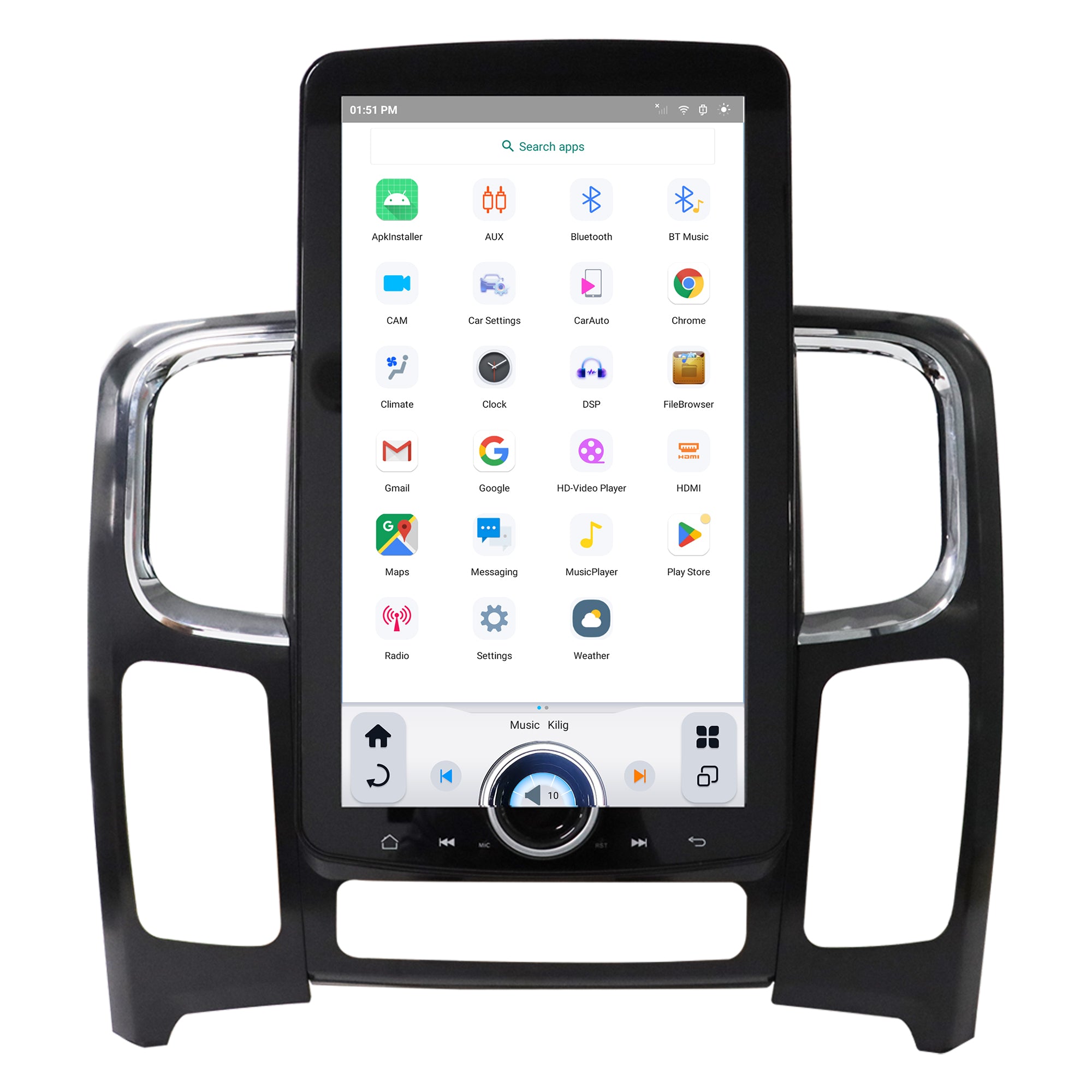
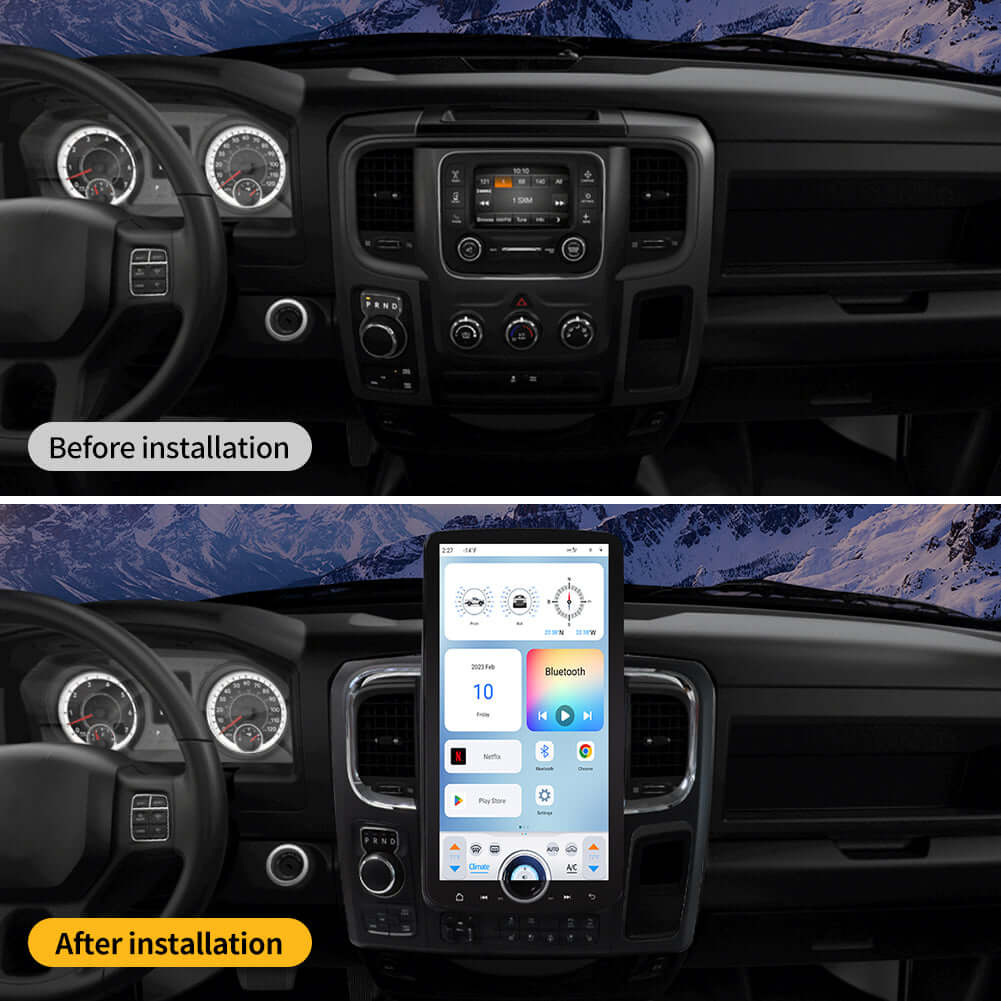
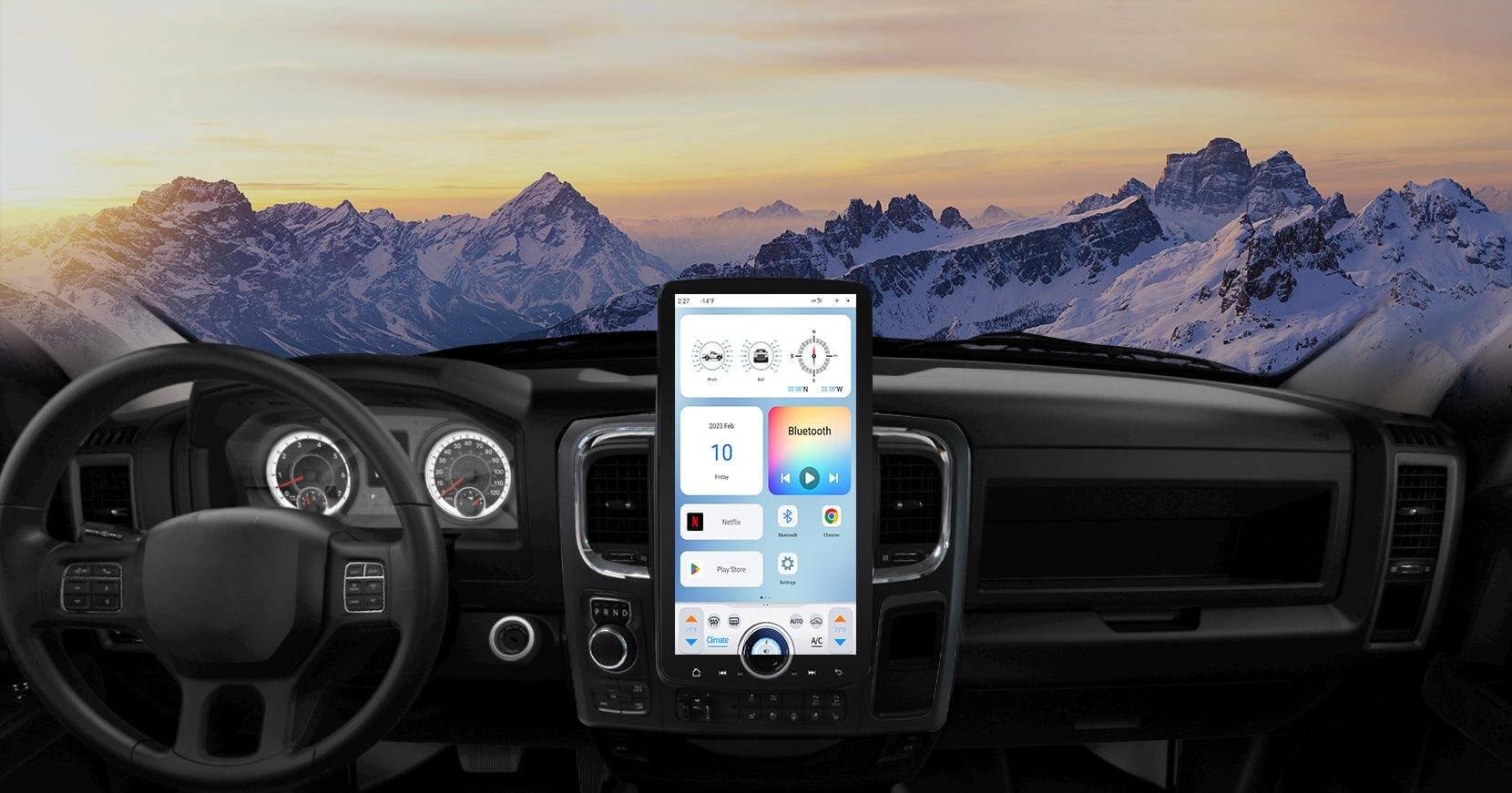
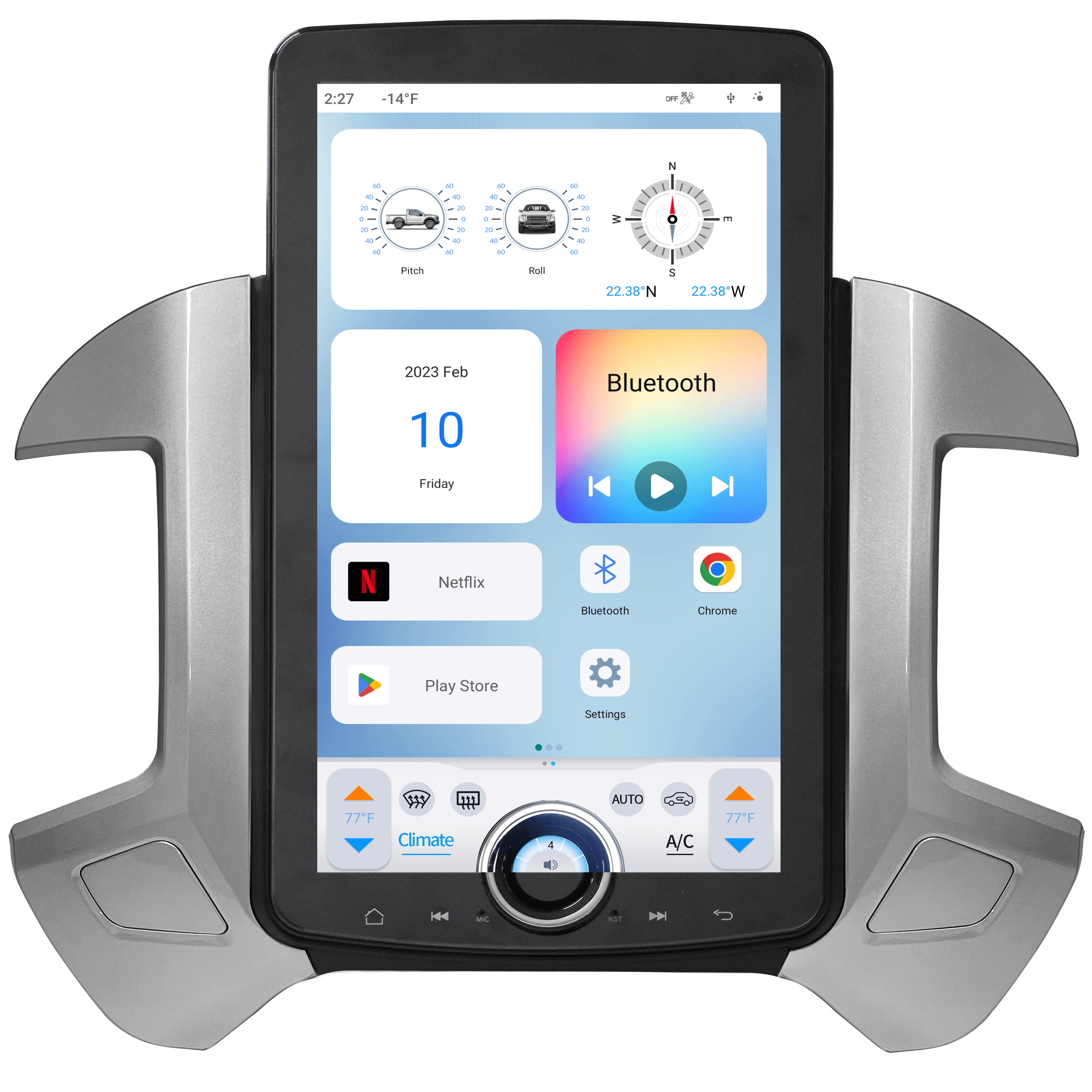

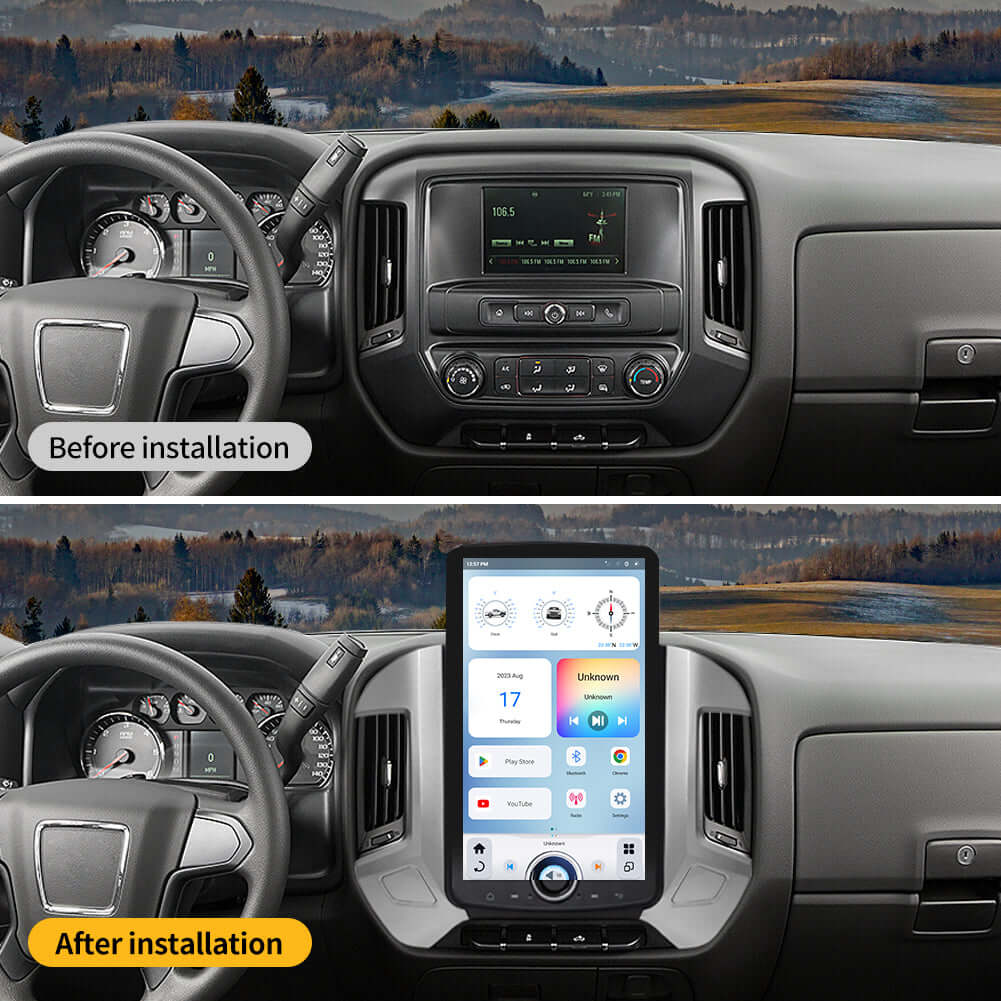
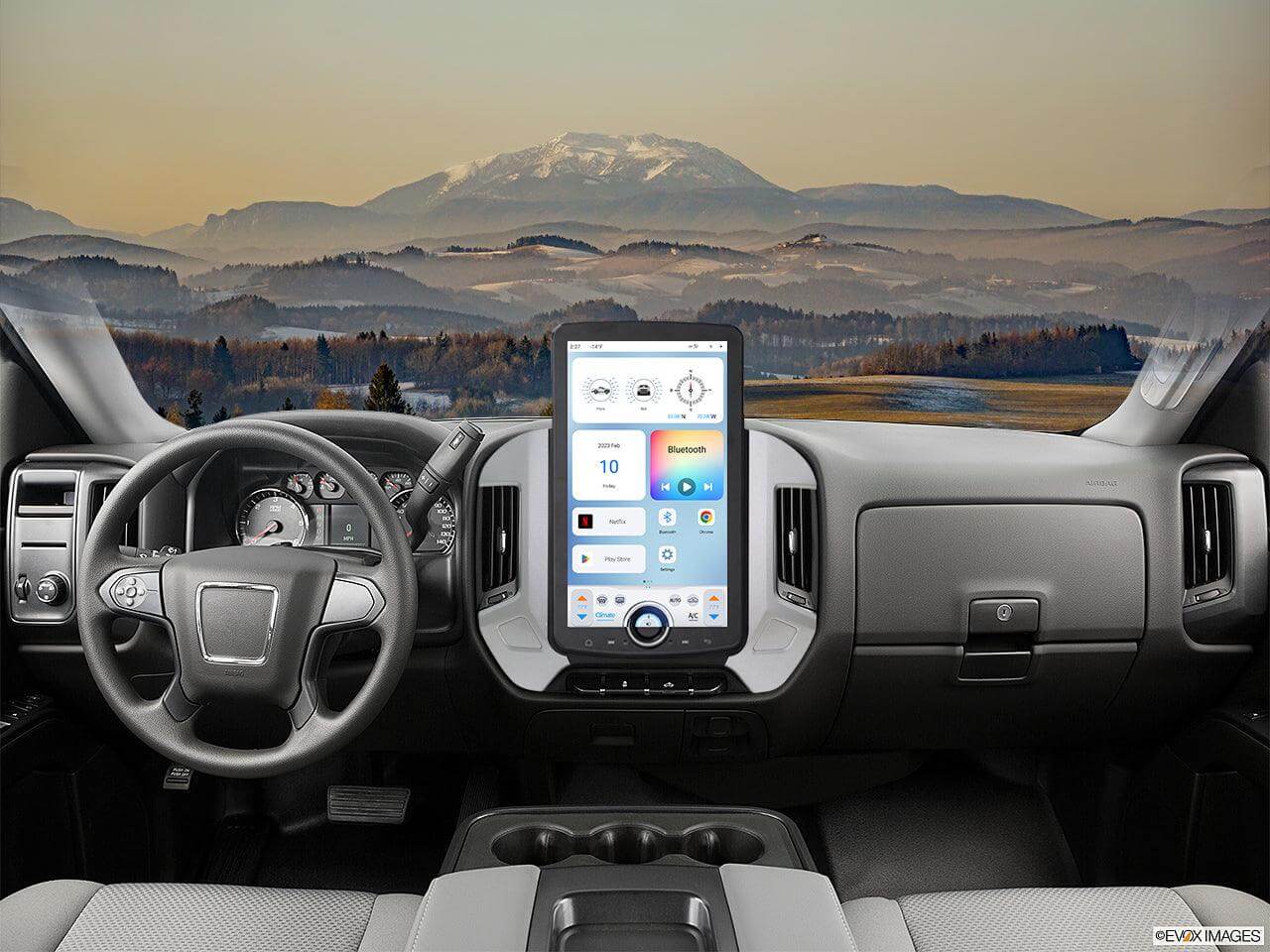


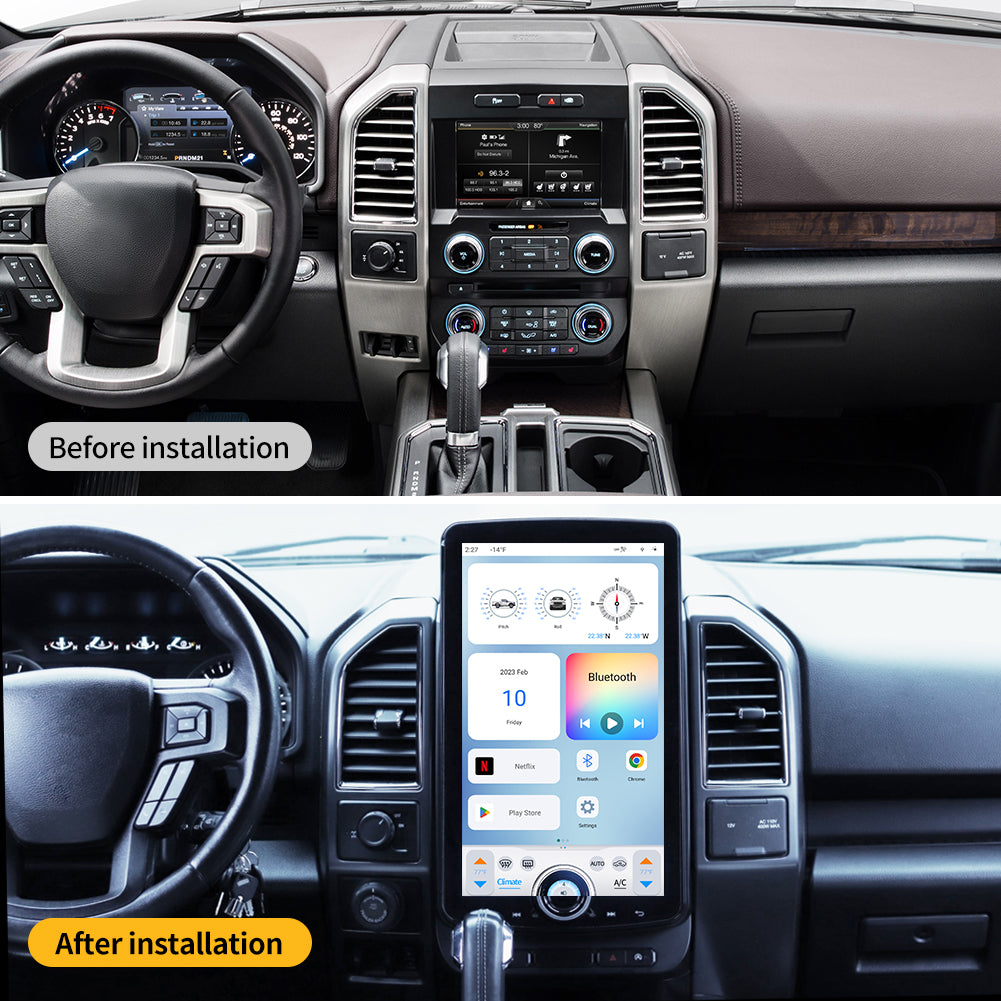

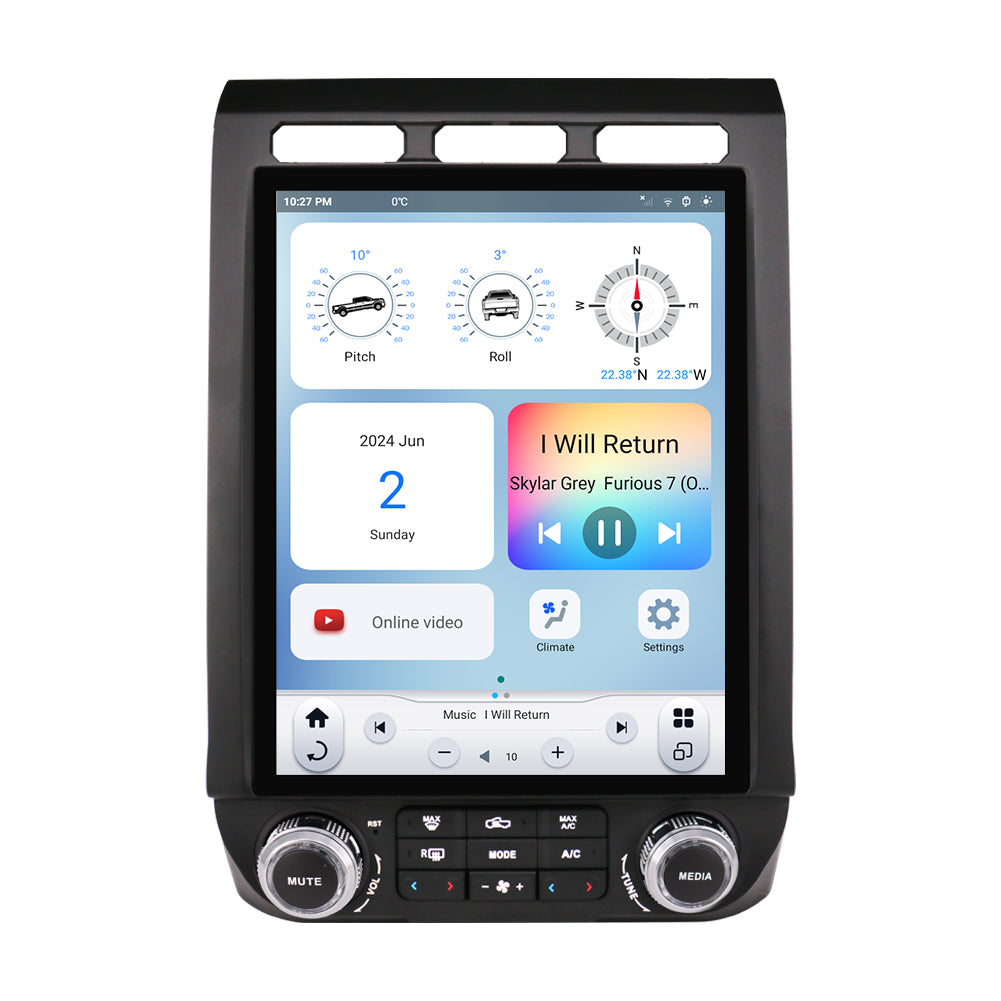
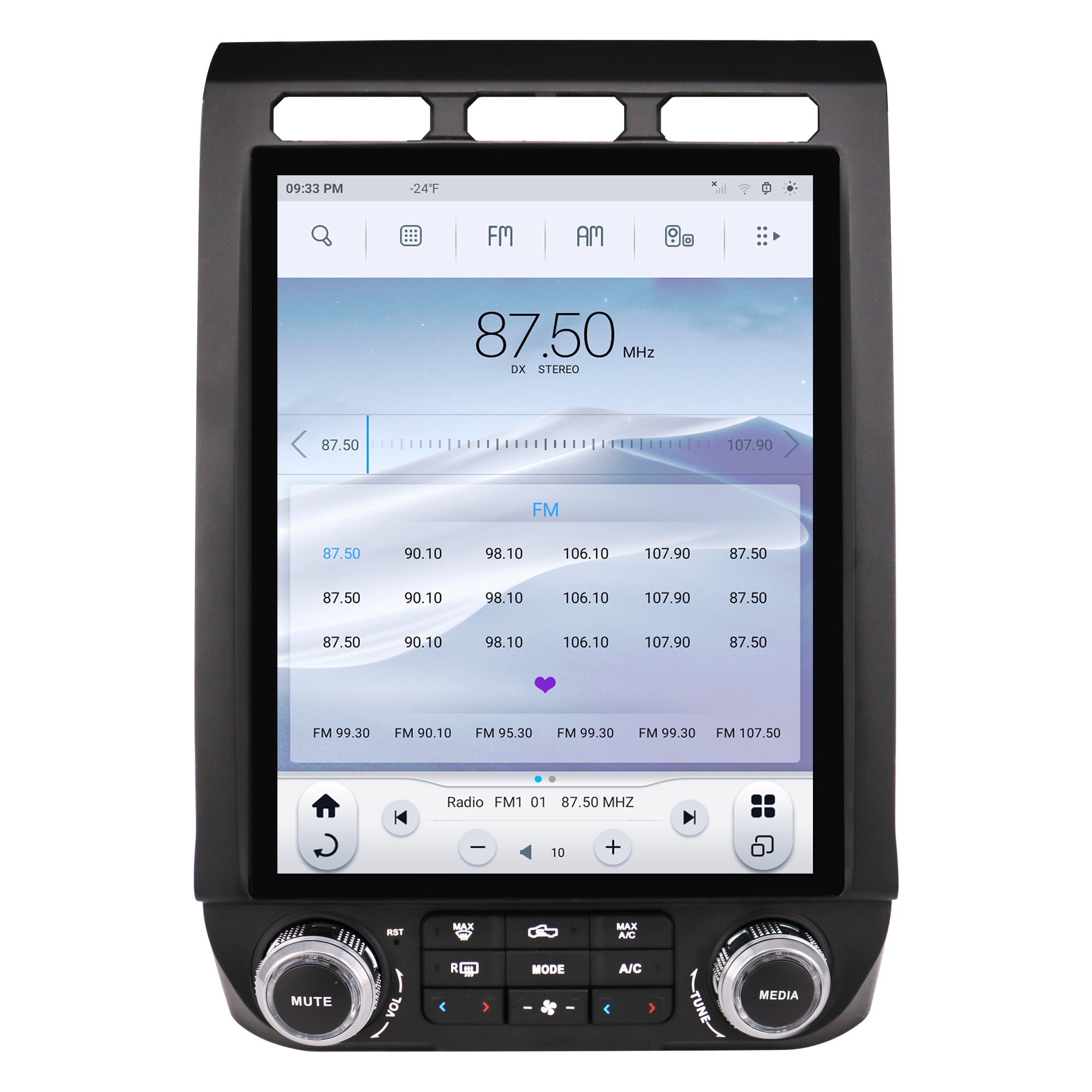
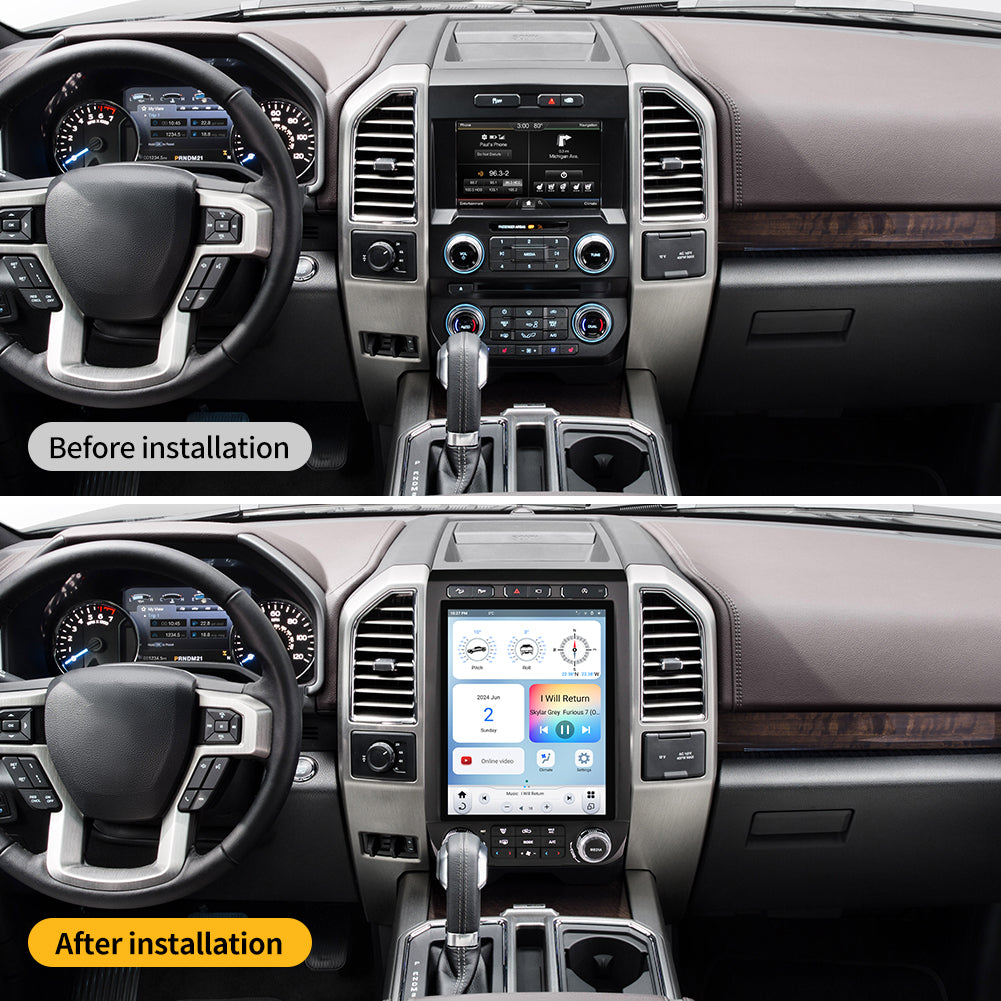
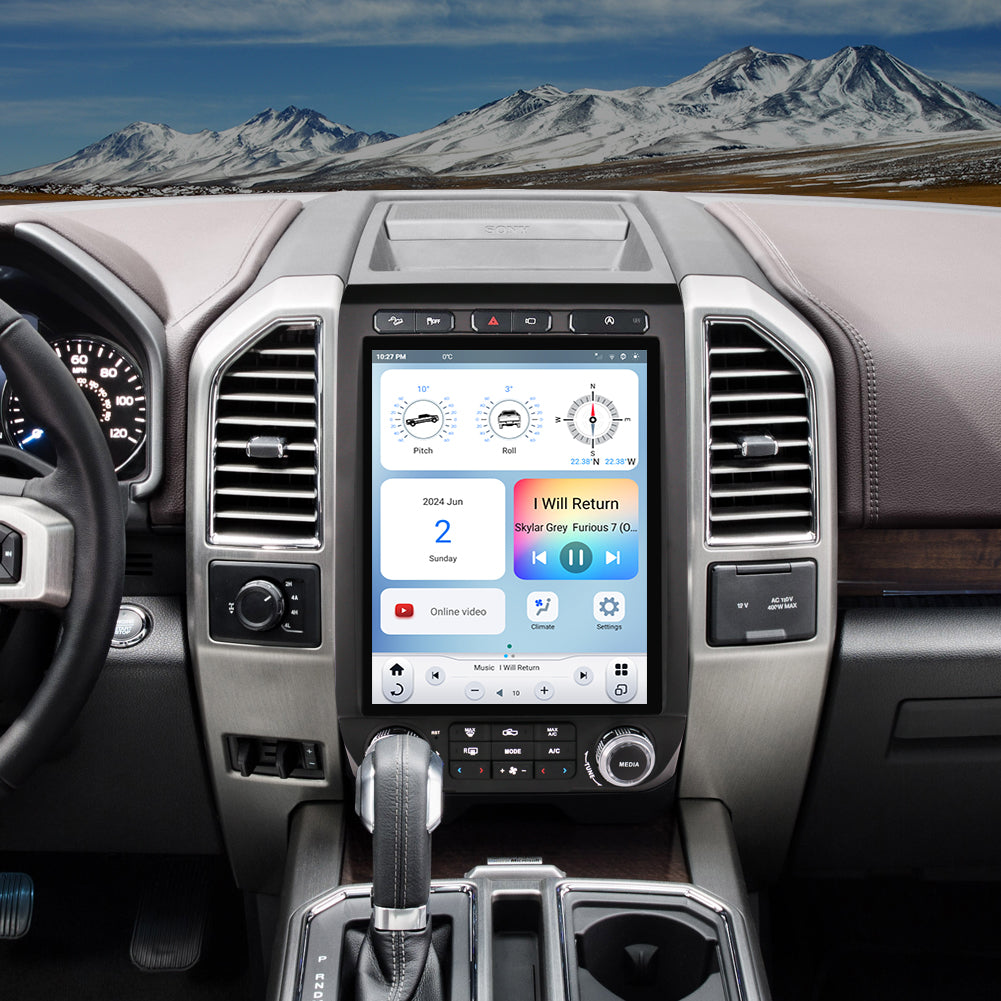
Share:
What Are the Benefits of Using a Tesla-Style Touchscreen Car Radio?
Top 5 Car Radio Brands to Purchase Premium Head Units